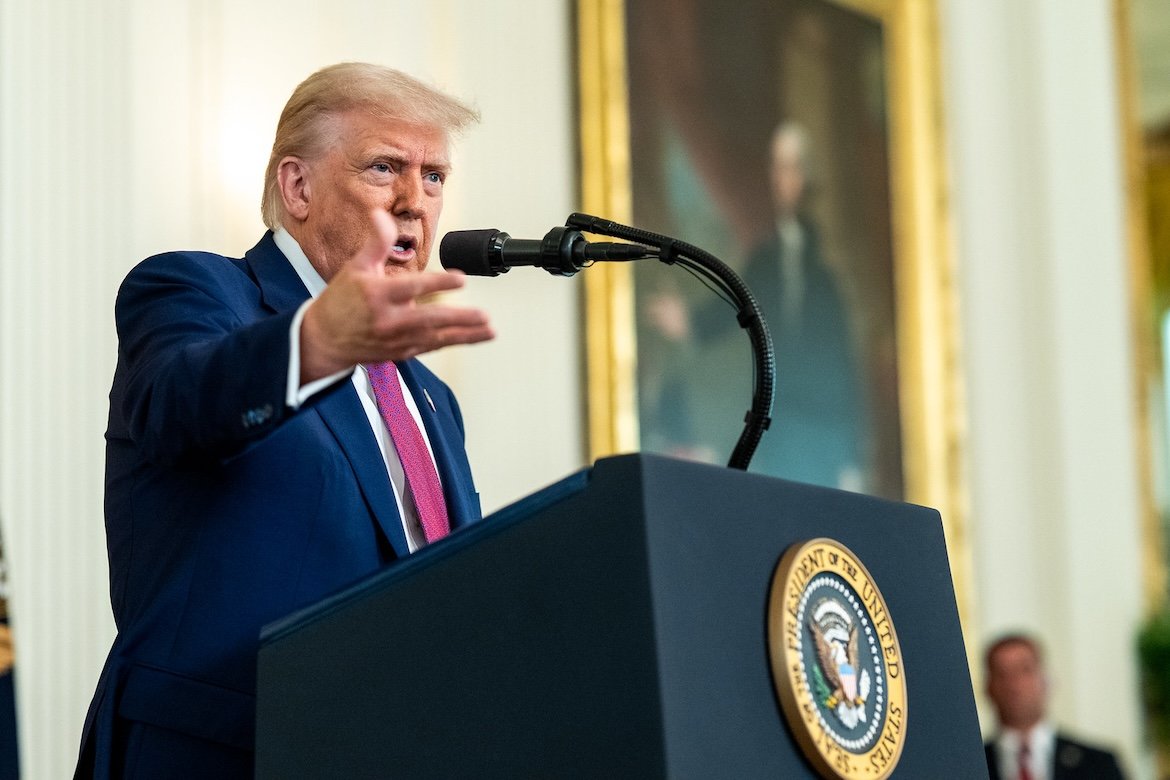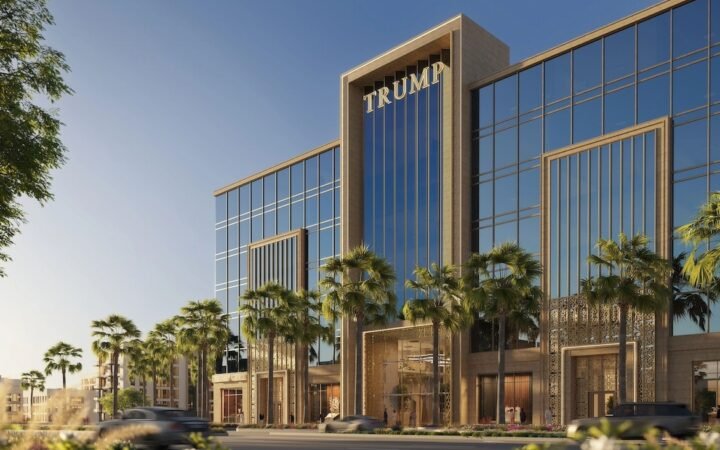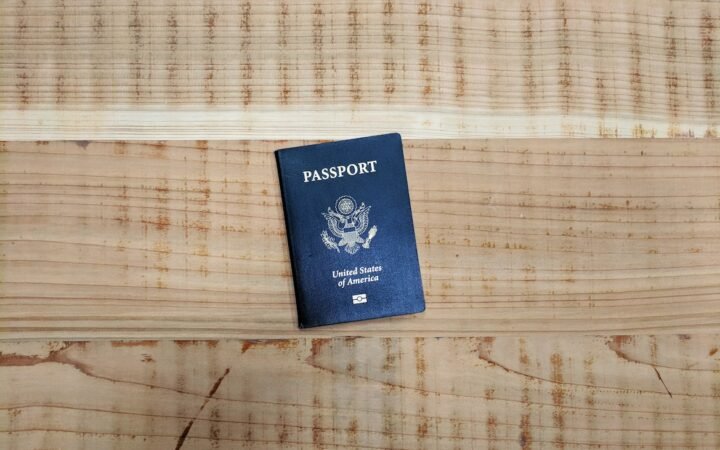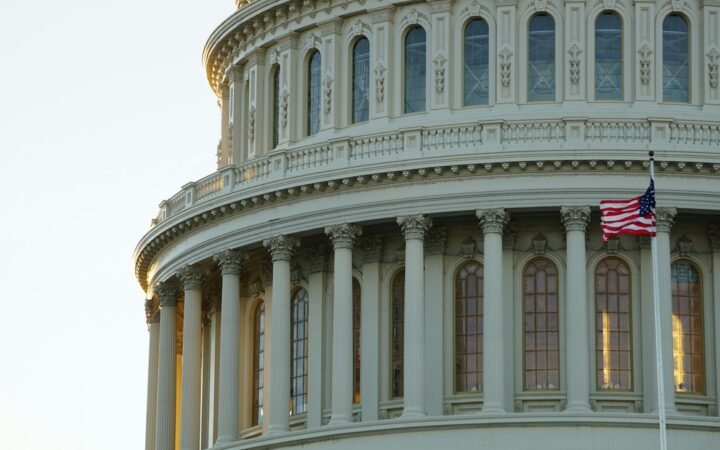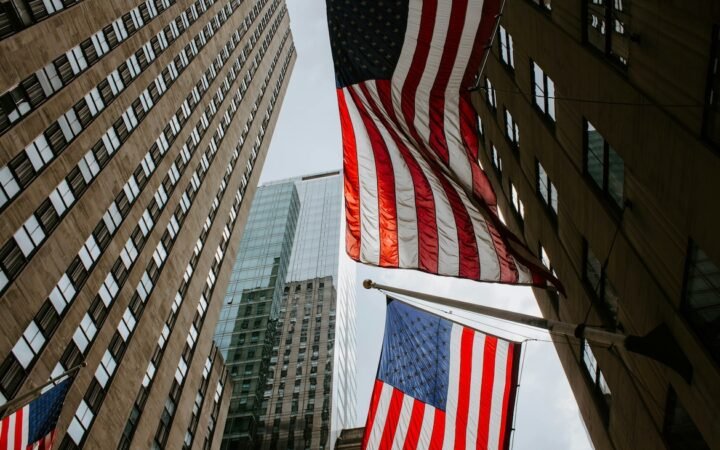
As the U.S. presidential election draws nearer, Donald Trump’s campaign is reportedly considering a dramatic expansion of the controversial U.S. travel ban. According to multiple reports citing internal memos and campaign sources, a second Trump administration could impose travel restrictions on as many as 36 additional countries, citing national security and immigration control as primary justifications.
Trump’s original travel ban during his presidency targeted several Muslim-majority nations, sparking widespread legal challenges and global condemnation. The proposed new list, however, casts a wider net — extending beyond the Middle East and including countries from Africa, Asia, Latin America, and even parts of Eastern Europe.
Wider Global Reach and Political Tensions
If enacted, the new ban would impact travellers and visa applicants from a diverse range of nations, many of which maintain significant diplomatic and economic ties with the United States.
Among the countries reportedly under consideration are: Algeria, Angola, Belarus, Bolivia, Cambodia, Cameroon, Central African Republic, Chad, Colombia, Congo, Cuba, Democratic Republic of Congo, El Salvador, Equatorial Guinea, Eritrea, Eswatini, Haiti, Honduras, Iran, Iraq, Laos, Lebanon, Libya, Mali, Nicaragua, North Korea, Pakistan, Philippines, Russia, Somalia, South Sudan, Sudan, Syria, Venezuela, Yemen, and Zimbabwe.
The proposal appears rooted in longstanding right-wing priorities: tightening border security, reducing immigration, and enhancing domestic surveillance. Sources familiar with the Trump campaign’s national security platform say the goal is to restrict entry from nations perceived to pose higher risks due to instability, weak intelligence cooperation, or anti-U.S. sentiment.
Impact on Travel, Diplomacy, and Civil Rights
The potential expansion is already drawing concern from human rights advocates, the travel industry, and legal experts. Critics argue that such a broad ban could undermine America’s standing as a global destination and spark retaliatory measures. Tourism boards, airlines, and international organisations are expected to monitor the policy’s development closely, should Trump win a second term.
The Biden administration had rolled back many of Trump’s earlier immigration policies, including dismantling parts of the original travel ban. A revived and expanded version would represent one of the starkest reversals in U.S. foreign and immigration policy in decades, potentially straining relations with dozens of nations and affecting millions of travellers.
